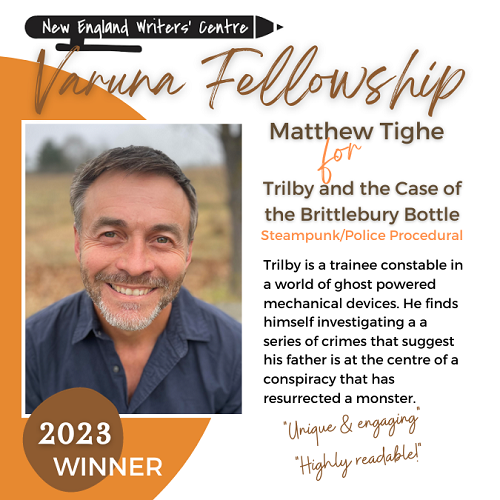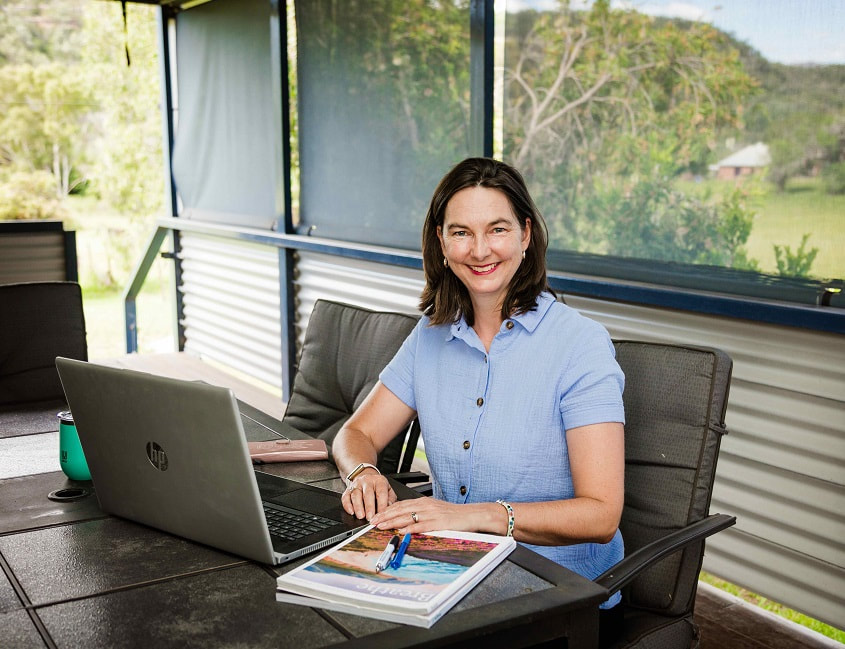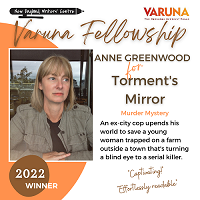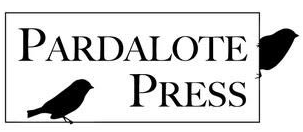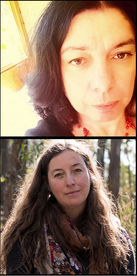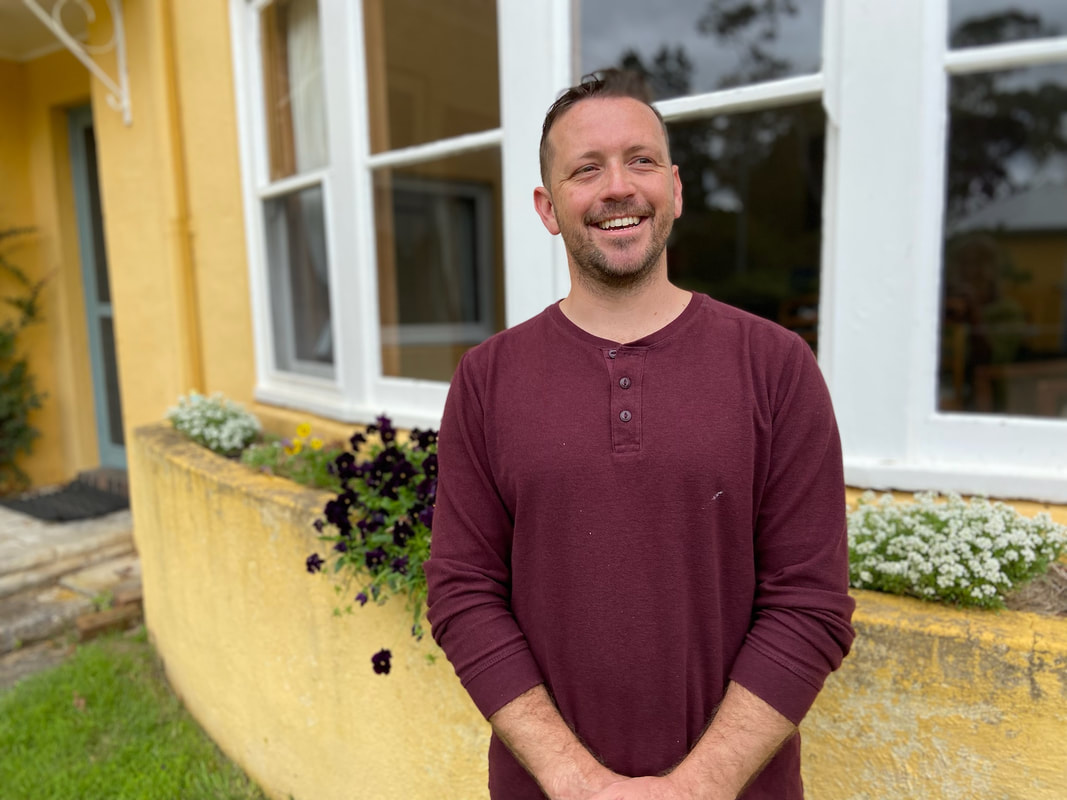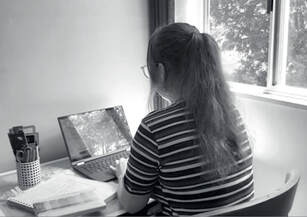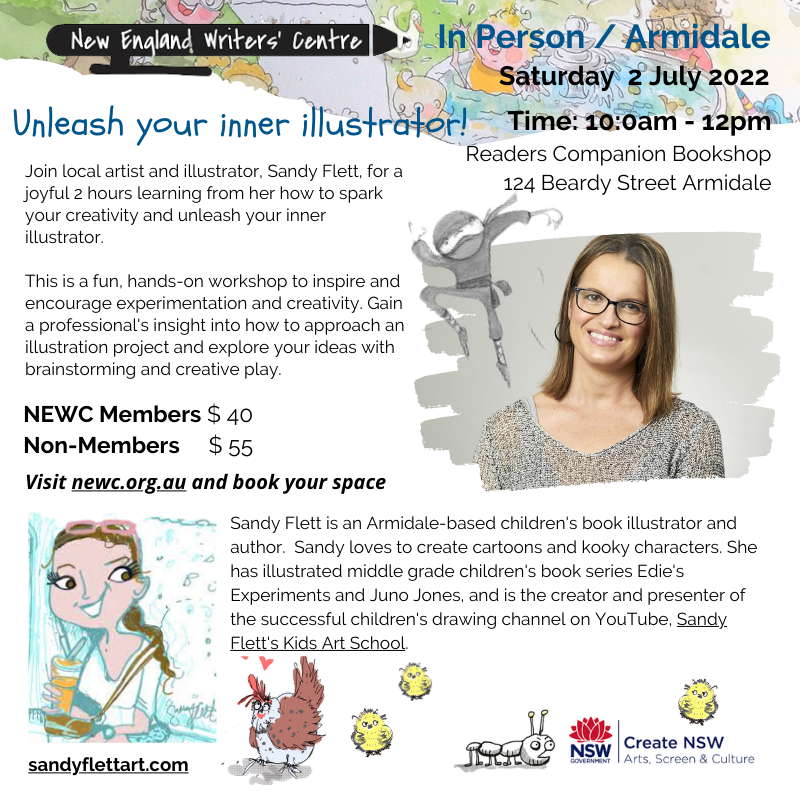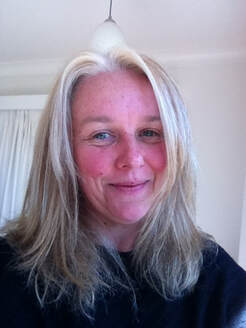|
2023's Varuna-NEWC Fellowship winner talks of his experience...
Julia contacted the NEWC office recently to introduce herself and let us know that she was now an Armidale local, offering editorial services. It's great to have more author services in the area and we're happy to share her news. "...my favourite form of editing is structural editing and book coaching."
By Anne Greenwood
by Lydia Roberts
by Lydia Roberts
by Lydia Roberts
It is aimed at aspiring young creatives, such as Sharnee, who want to write, illustrate, or edit children’s books and is filled with tips, advice and anecdotes from professionals such as Sophie Masson, Kathy Creamer, Beatty Alvarez and Peter Creamer.
“I had always been eager for involvement in [NEWC], so I was ecstatic when I was hired as an editor for Inside Story,” Sharnee says. By Lydia Roberts What's the worst that could happen?
By Lydia Roberts ILLUSTRATOR Sandy Flett wants to draw out our inner child.
"Illustrating children’s books is a way of reconnecting with our own childhood." By Lydia Roberts SUCCESSFUL SEGUE: Editor Anna Thomson is also a published writer.
By Lydia Roberts Author and Deepwater resident Michael Burge wants local talent to shine at this year's High Country Writers Festival. "We're aiming to turn limitations into bonuses!" 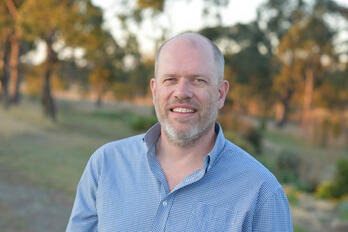 HIGH Country Writers Festival director Michael Burge wants to showcase local talent and emerging authors at this year’s event. The festival, which starts on Saturday, December 11, is aimed at all authors and writers and will be held in Glen Innes. It is centred in The Makers Shed, in Grey Street. Burge will be joined by other authors, including Mary Garden, Jessica White and Gundula Rhoades who will share their experiences and ideas in workshops and discussions. The New England Writers’ Centre will have a stall at the festival. |
AuthorThe NEWC Board Archives
March 2024
Categories
All
|
- Home
- Writing for the Primary Education Market
- Story to Script Course
- Writing and Illustrating for Children
- Thunderbolt Prize for Crime Writing
- Illustration Prize for Children's Picture Book Publishing
- Varuna-NEWC Fellowship
- Grow Big Little Seed
- Crafting Memoir
- About
- Membership
- Contact Us
- 2023 Archive
-
2022 Archive
- 2021 Archive
- 2020 Archive
- Blog
- Resources
New England Writers' Centre
|
We gratefully acknowledge the support of Create NSW and our other generous sponsors
|
We acknowledge the Traditional Custodians of the lands on which the New England Writers' Centre is situated and pay our respects to Aboriginal Elders past, present and emerging.
